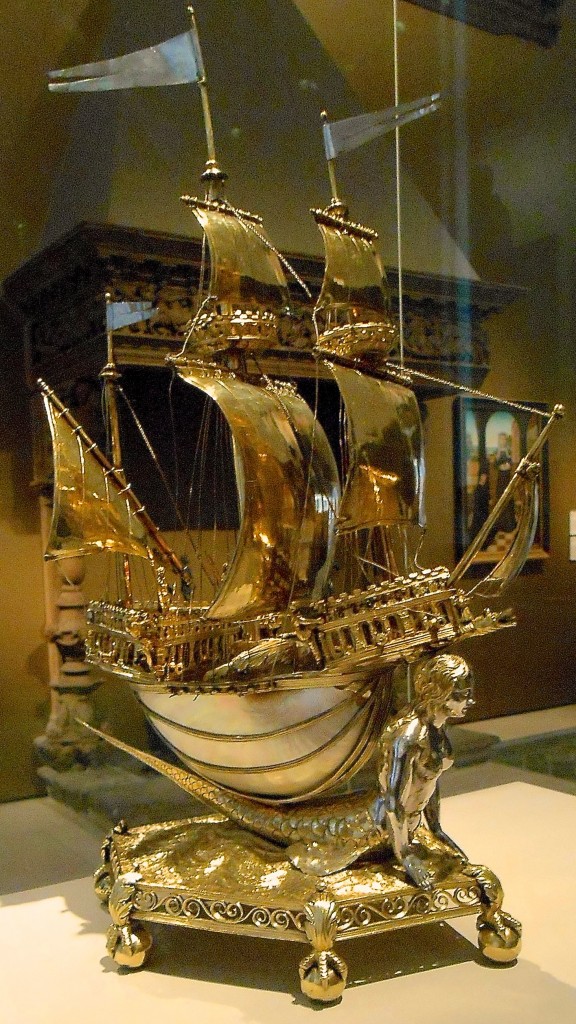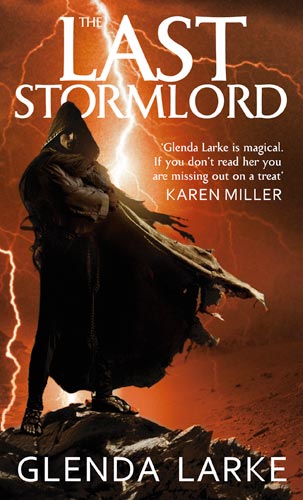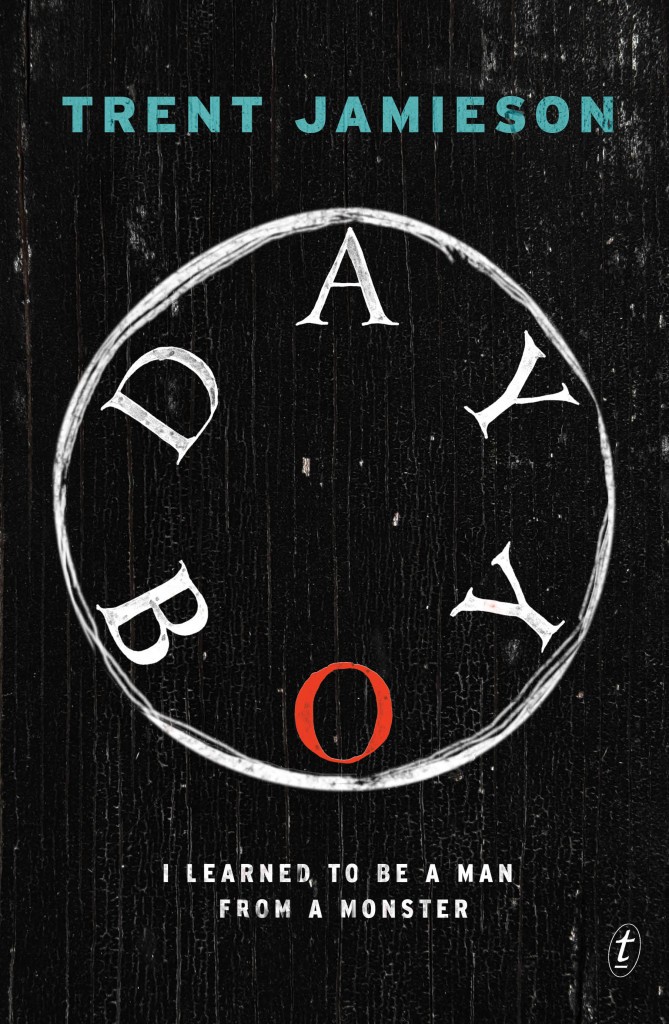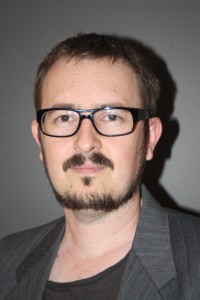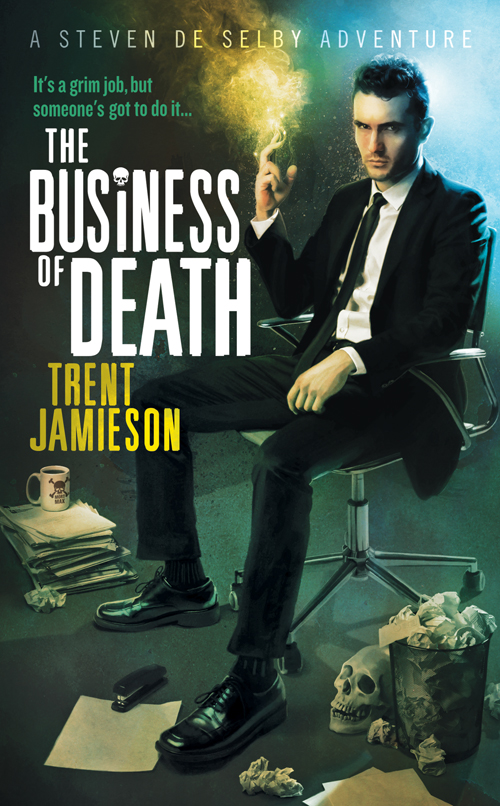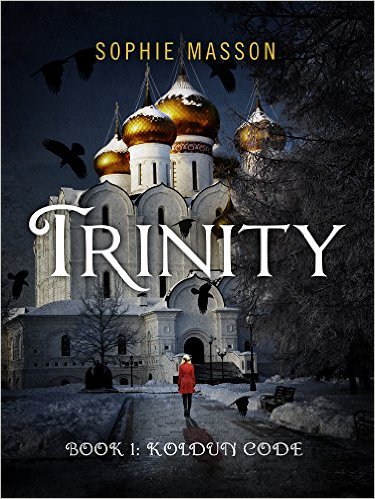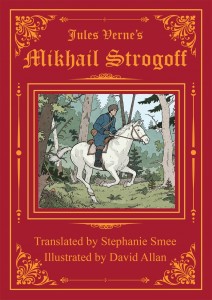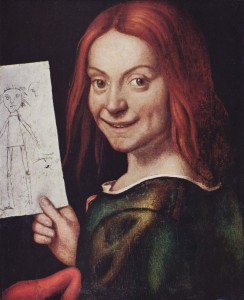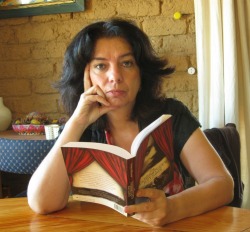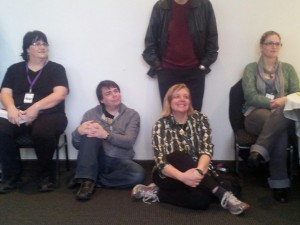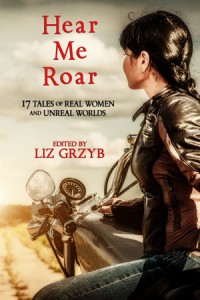Interview with Glenda Larke – winner of the Inaugural Sara Douglass Series Award.
This fortnight’s interviewee, Aurealis Award winner Glenda Larke brings her lifetime experiences of living in exotic places to the creation of wonderful fantasy worlds.
Congratulations on winning the inaugural Sara Douglass Series Award for the best Australian speculative fiction series completed between 2011 and 2014 with your Stormlord trilogy – The Last Stormlord, Stormlord Rising and The Stormlords Exile. https://aurealisawards.org/2016/03/25/the-winners-of-the-2015-aurealis-awards
Could you tell us something about the Stormlord Trilogy?
The first book, The Last Stormlord, introduces a world where it never rains, at least not naturally. Stormlords — men or women with power over water — use their magical control to bring water to the desert land. Unfortunately, the Stormlords have been dying off and water allowances are being reduced, prompting unrest and rebellion. As the land is torn apart by war, the unscrupulous attempt to control the only two young people who might one day just have enough power to provide solutions. The story continues in Stormlord Rising and concludes in The Stormlord’s Exile. Along the way, there’s love, battles, bravery, betrayal, tragedy, compromise, and ingenious use of water magic…
Can you pin-point an initial inspiration for the books? Reviewer Jason Nahrung suggested your experience of living in arid climates like WA and Tunisia may have influenced your use of the theme of water in these books.
As a kid, I remember a West Australian summer on our farm when a rat fell into the rainwater tank. That was our only drinking water. We had to drain the tank and rely on the generosity of neighbours while we waited for rain — so I’ve always known how precious water is.
We lived in Tunis in North Africa for two years. When the wind blew from the south, there would be sand heaped against the outer walls of our house — sand from the Sahara. I visited a town in Algeria where, when it rains, they distribute rainwater from the wadi when it flows according to how many people in each household. We were there on the first wet day they had that year; it was in December. Now we live near Perth W.A., where the waterflow into the dams that serve the city has decreased from an average of about 400 gigalitres a year prior to 1975, to last year’s 12 gigalitres.
We take two minute showers now, and don’t plant a lawn.
All that is what inspired me to write the Watergivers trilogy. It wasn’t difficult to think of a scenario. Control of water has already been a weapon of war; the dictator Sadam Hussein quashed criticism and destroyed the culture and livelihoods of the Marsh Arabs in Iraq by draining their marshes. Control of water is already an economic weapon. Who has the right to water in California: the cities or the farmers? Who can use the water of the Rio Grande: USA or Mexico? Israel controls much of Palestine’s access to the water of the Jordan River basin — imagine how well that works out!
I hope readers immerse themselves in the story and care about the characters. I hope they find the can’t put the books down because of the tale of adventure it tells. But I also hope that some readers think about the issues, issues which are already shaping the world we live in. Unfortunately we don’t have magic to fix things. We only have ourselves.
What are you working on now?
I’ve just finished another trilogy, The Forsaken Lands, based on the idea that if the Spice Islands of Asia had possessed magic when Europe tried to colonise them to control the spice trade, there may have been a different outcome. The first book is called The Lascar’s Dagger. (“Lascar” is a word given to Asian sailors who worked on European ships…) The trilogy has everything from pirates and sea battles to conniving queens, sorcerers — and a very sneaky dagger.
I’m working on a standalone fantasy now, as yet untitled, which might be the first in a series, if it’s successful. (My only other standalone was my very first published book, Havenstar.)
What’s your writing process for books? Do you throw a lot away? Do you write every day? Are you a planner or do you fly by the seat of the pants?
I am a very messy writer. I did try meticulous planning once, but by the time I arrived at Chapter 3, I was way off the plan. I kept on thinking of better directions for the plot to go in!
Before I begin a book, there are three things I must have: an understanding of what makes the main characters tick; the ending (although it may change); and a vague theme — i.e. something that keeps the plot from running away in too many directions. I usually have a strong visual impression of some of the early scenes. But apart from that, I’m an explorer without a map, and yes, sometimes I get lost, I have to backtrack, or throw away the useless diversions. I rewrite a lot. (I always smile when neophyte writers ask, “How many times do you re-write? Two? Three?” The real answer to that is: “However many it takes.” Some parts will be perfect as soon as I write them; other parts might have 30 rewrites.)
As for how often I write: that too depends. Most of my books were written in between a day job and family commitments. I worked on a project basis, so when my day job was tough, writing was laid aside, sometimes for weeks. When job and publishing commitments clashed, things could get interesting. I remember reading the proofs of a novel at night in a pup tent in the rainforest during a tropical rainstorm — by candlelight. I wrote part of one of the Stormlord books chugging along on the deck of a slow fishing boat on the Kinabatangan River.
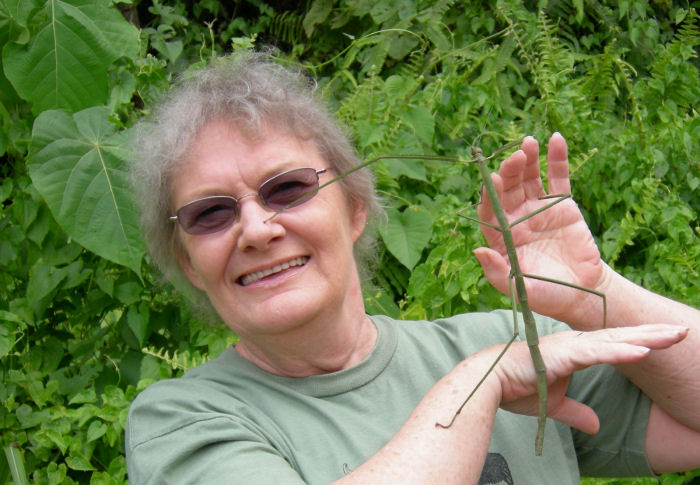
How do you go with social media? What do you do to increase interest in your work and how much time do you spend on it? Any tips?
Social media devours much more of my time than it should! I have no idea whether it’s terribly helpful with regards to selling books, although I try to keep people informed of what I’m up to. It’s so hard to assess what generates sales, and anyway, nowadays there is so much noise out there on social media that the occasional peep from an individual author just gets lost in the roar.
For me, I think social media is more important as a means of information and help (e.g. from fellow authors) to me. I value my online friendships because I find people can be so supportive and inspiring, even if we’ve never met. This is especially true of the Australian spec fic scene — readers, writers, industry professionals, convention organisers, etc — fabulous folk. Without them, I might have given up years ago.
You worked as a field ornithologist in Malaysia. Did this career have any influence on your writing?
Absolutely. Birds had a big part to play in The Isles of Glory books, and also in The Dagger’s Path. I think those avifaunal story lines succeeded only because I know my wild birds…
As well as that, when I worked in the field on bird conservation, I saw wonderful places — islands, cliffs, swamps, rainforests, mountains, lakes, rivers — scenes that inspired parts of different books.
What 3 artworks (books, music, visual arts, films) have most inspired you?
It’s always been books, books, books with me (although I love classical music, especially 18th and 19th century symphonies, which I play while writing. I once lived just beside a path called Beethovengang…)
It’s hard to pinpoint special books out of the thousands. Susan Cooper’s The Dark is Rising was probably one of the first to set on a path to writing fantasy, although I actually decided I was going to be a writer when I was about eight and still into Enid Blyton’s Famous Five! Oh, and Lord Juster’s present to the King in “The Fall of the Dagger” was inspired by the Burghley Nef saltcellar of 1527, which you can see in the Victoria & Albert Museum in London.
If you want to know more about Glenda try:
http://glendalarke.com
http://glendalarke.blogspot.com
Twitter: @glendalarke
Facebook: http://www.facebook.com/groups/105625628881/
